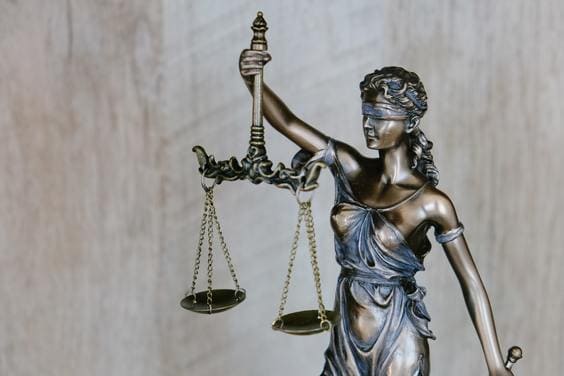
An Arizona Vs. Jones Update
A landmark marijuana court case that we covered in an earlier post is now likely headed to Arizona’s Supreme Court.
Remember back to Arizona vs. Jones: a registered medical marijuana patient, Rodney Jones, is arrested and sentenced to 2.5 years in prison for the possession of .05 ounces of hashish, and given a concurrent one-year term for drug paraphernalia —the jar holding the hashish. The court rejected his appeal, and now the case is headed on to the highest court in the state. The implications are far-reaching, and we’re offering a layman’s guide as to what it could mean for medical marijuana patients throughout Arizona.
Dazed and Confused
At the heart of the matter is confusion about the state’s pot laws. The 2010 voter-led initiative that legalized medical marijuana did not specifically spell out that marijuana extracts, like oils, edibles and hash, could be legally consumed for medicinal purposes. Thus zealous anti-pot prosecutors are exploiting this loophole and convicting those caught consuming cannabis in forms other than flower.
Lawyers arguing on the side of Jones point out that it seems very unlikely that the intent of voters was that the only way that that medication could be administered to them would be by smoking a joint. But that is essentially what the ruling means. By the court’s reasoning, many of Arizona’s 180,000 medical marijuana patients are committing criminal felonies.
As the case heads to the Supreme Court, supporters of Jones are urging the state to honor the spirit of the law rather than the letter of the law. This argument is especially potent when we consider that curtailing people’s choices as to how to medicate will interfere with their ability to treat themselves. Consider this powerful case laid out by Will Stone: an Arizona mother has exhausted every possible means of treatment for her young daughter’s seizures. Hoping to avoid brain surgery, they turned to medical marijuana. Her daughter, Emma, was enrolled as one of the state’s first medical marijuana patients and her condition substantially improved—she went two years without a seizure, and continues to experience them far less than before. Her mother also noticed other benefits, like improved mood and cognitive function and relief from headaches after an episode. Her daughter is now 14 years old, and if a seizure does occur, her mother is able to treat her with a few drops of cannabis oil under the tongue.
Should the law in Arizona not be clarified, this type of treatment could be unavailable for patients such as Emma, for whom smoking or taking a pill is simply not viable.
How We Got Here
The root of this problem may lie in the origins of medical marijuana’s legalization in Arizona. Voters used a ballot initiative—that is, collecting enough signatures on a petition to bring about a public vote—instead of having new laws crafted by politicians and bureaucrats. While this direct democracy seems empowering and thrilling, it leaves open potential loopholes, which can be exploited by officials who aren’t supportive of the policy. First bringing initiatives to legislatures that know how to write policy that deals with, and can anticipate, all the potential problems that might arise, could solve this problem.
A Bright Spot
In a recent twist, the Arizona Attorney General Mark Brnovich on Monday withdrew his office’s argument to the state’s Supreme Court that cannabis extracts aren’t covered under Arizona’s medical marijuana law. Positively, he acknowledged changes were needed: “The state recognizes that law enforcement and others would benefit from statewide clarity on the issues presented.”
It’s a hopeful sign for those supporting Rodney Jones’ appeal, and for anyone on the side of medical marijuana in Arizona—but the threat to extracts isn’t over yet. This case is about more than Rodney Jones. It is about all of Arizona’s patients, who need to have consistent access to their medicine, regardless of method of consumption. Hopefully, the national attention to this prominent case will serve to motivate state lawmakers to clarify medical marijuana policy and end the confusion and inconsistency.

Recent Comments